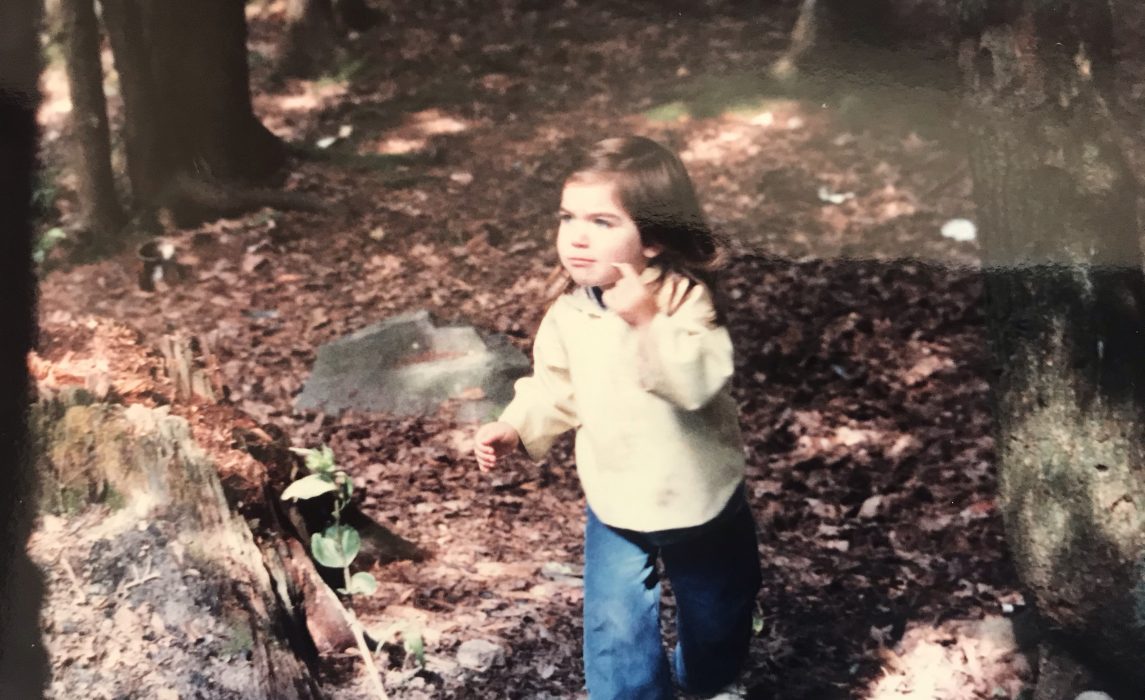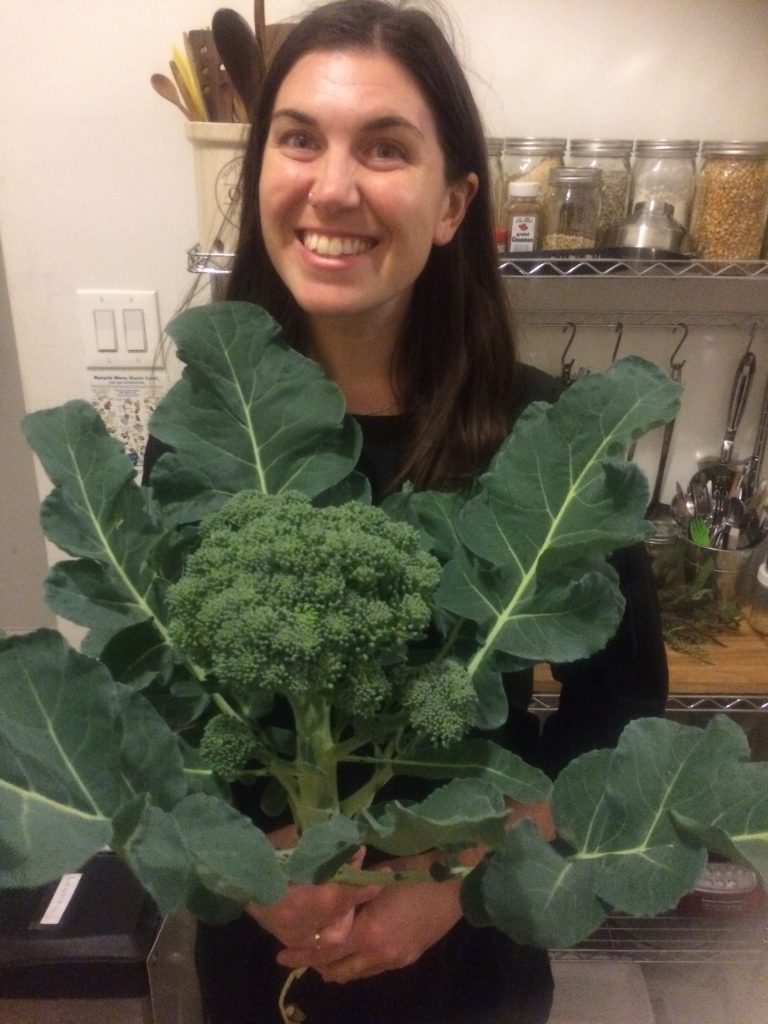
As far back as I can remember I have been passionate about the environment. Growing up on a farm in rural Ohio, I remember finding worms in my mom’s garden that had crawled away during a storm and trying to put them back in the ground once the storm had passed. I would lecture my friends who littered (yes, I was that kid), and I also distinctly remember collecting cans and bottles as a family and taking them to the redemption center for recycling.
Back then in the early 80s, the three Rs — reduce, reuse, and recycle — was a primary school fundamental. Along with my family’s thrifty lifestyle that followed these guidelines as I was growing up, this trifecta of strategies was drilled into my brain from a very young age.
But as a young adult in New York City, I started to notice the focus pivoting away from these 3 Rs. “Reduce” and “reuse” shifted to the back burner as most people honed in on the third R – recycling – which offered the most convenience for New Yorkers’ modern living. Seeing this clear behavior shift was what led me to pursue zero waste professionally and truly embed it in my own life and principles.
Now, as one of the directors for the TRUE Zero Waste rating system with GBCI, I work with project teams to help them understand the value of resource management and how important all the Rs really are! At TRUE, we focus on upstream choices such as reduction and reuse as essential steps that facilities and companies can take on the pathway to achieving certification in zero waste.
In this strange time of COVID-19, it is more important than ever to be mindful of our materials management while going about our daily lives. With constant news of neighbors and loved ones dealing with shortages of paper towels and cleaning supplies, I’m reminded of why I committed to a zero-waste lifestyle to begin with. I wanted to share a few techniques I’ve embedded into my life over the years in hopes it will help others to adopt similar strategies that will benefit not only their health and sense of wellbeing, but the environment, too.
Reuse old clothing as a replacement for paper towels
“Zero waste” is often thought of as a privileged lifestyle, but the reality is that the concepts stem from humble beginnings and, in many ways, can pave the way to a simpler and more economical way of living. For example, if you save old clothing and linens and turn these into dish cloths and rags, you no longer need to buy paper towels.

Make your own hand sanitizer and cleaning solution
Other hard-to-come-by products can be easy to make at home, too. Need hand sanitizer? Combine equal parts rubbing alcohol, Aloe vera, and if you want, add in an essence such as lavender. Out of cleaning solution? Combine household staples for an easy recipe. Try 4 cups of hot water, ¼ cup of white vinegar, 2 tablespoons of baking soda, and a dash of lemon.

Recycle properly – it might help save lives
Reducing your waste during this time is not only good for your pocketbook and the environment, it’s also helpful to our essential workers. Sanitation workers are showing their superhero status as they continue to serve their communities during this crisis. Anything we can do to make their jobs easier is a real gift — understanding your local recycling, landfilling, and composting guidelines is even more important now (and it’s always pretty darn important!). The best thing you can do is learn what is or is not acceptable in your recycling stream and put everything in its proper bin. Remember: The recycling label that appears on a product may not line up with your local regulations so always check first. When in doubt, it can actually be better to throw it out. Incorrectly placed materials can clog up recycling systems and shut down facilities or cause delays, putting workers at even more risk. Of course, the less materials that haulers have to handle, the less potential risk they will encounter; so try to do your part in being mindful of what goes out to the curb.

Minimize food waste
As we’re finding ourselves cooking more and ordering less, many are encountering an excess of wasted food. Try to only buy the perishables that you know you and your household will be able to eat before they spoil, or prepare excess fresh foods so that they can be frozen as ready-to-eat meals. One thing I like to do with my leftover food scraps is to keep any clean vegetable scraps in a separate container in my freezer. When I have enough saved up, I’ll make a soup stock. Then, I compost the remains. In this way the food scraps are reused, and then recycled! Two out of the three Rs in one action is my kind of strategy.

Try your hand at gardening
If you’ve already given re-growing your green onions a shot, try experimenting with planting some edible fruits and vegetables, too. One great thing about this time of year is that it’s just right to plant a garden! I recommend starting with herbs and simple vegetables such as lettuces. These plants can be expensive or delicate when purchased from the store and you may only need a small amount for a recipe so they are more likely to spoil in the fridge. Herbs, especially, can even be planted in sunny spots indoors for those without access to a yard. Grab a pair of gloves and a planting calendar and have fun.

Reuse your tote bags with confidence
One big challenge for the zero-waste community during this time has been the increase in single-use materials and roll backs on bag bans. Public health must be put first, but there is an incorrect perception that single-use materials are the only clean and sanitary option. In reality, these products have been handled many times throughout manufacturing and processing by the time they arrive in your hands. Reusables, however, have the opportunity to be one of the most sanitary products because they have been thoroughly washed by you or in an industrial process through a coordinated effort with programs such as LOOP.

This new normal is a reminder to me why I pursued zero waste personally – and professionally – since I was a young girl playing with worms in my mom’s garden. By sharing these practices, I hope I can encourage others to try them out as well. And who knows — maybe some new reduce and reuse strategies will stick with you beyond the quarantine.

Celeste McMickle is the Director of Client Solutions at TRUE Zero Waste.